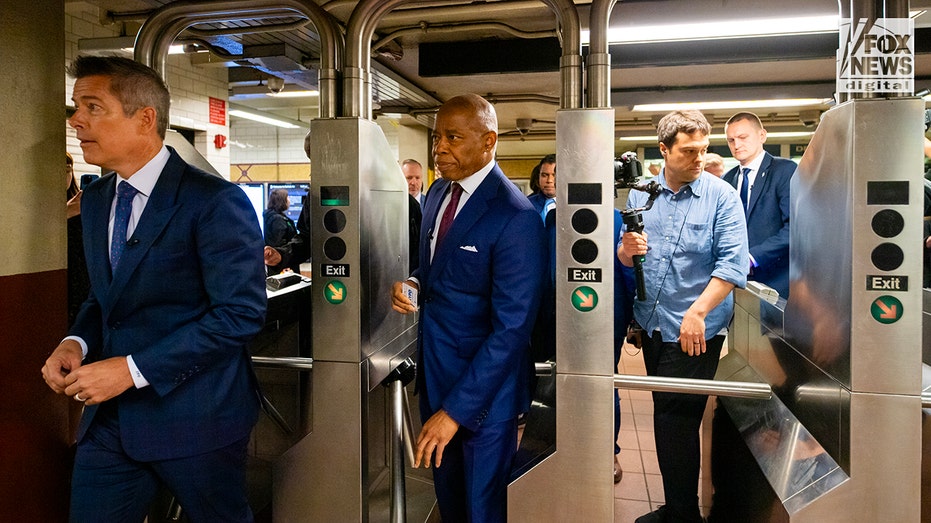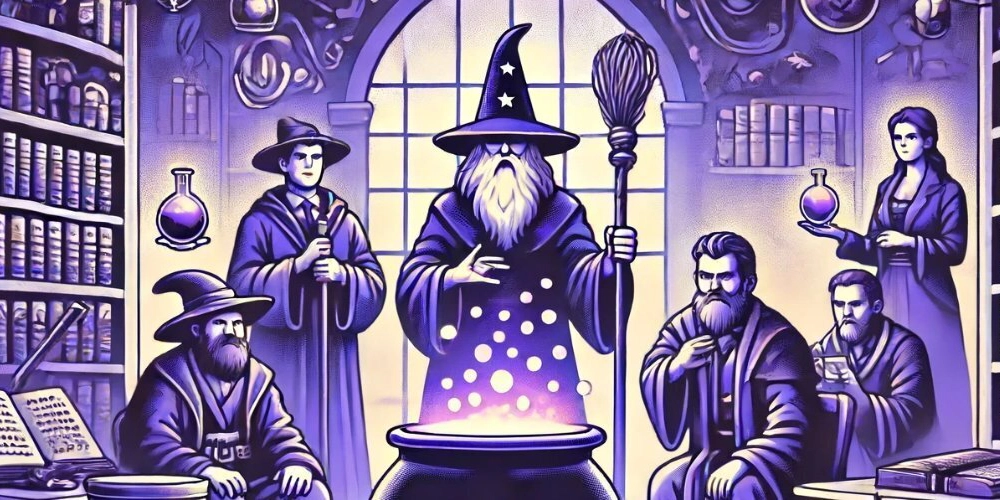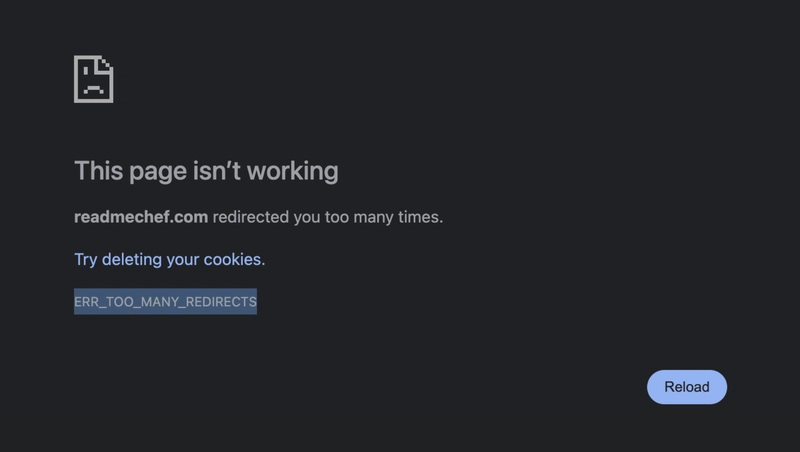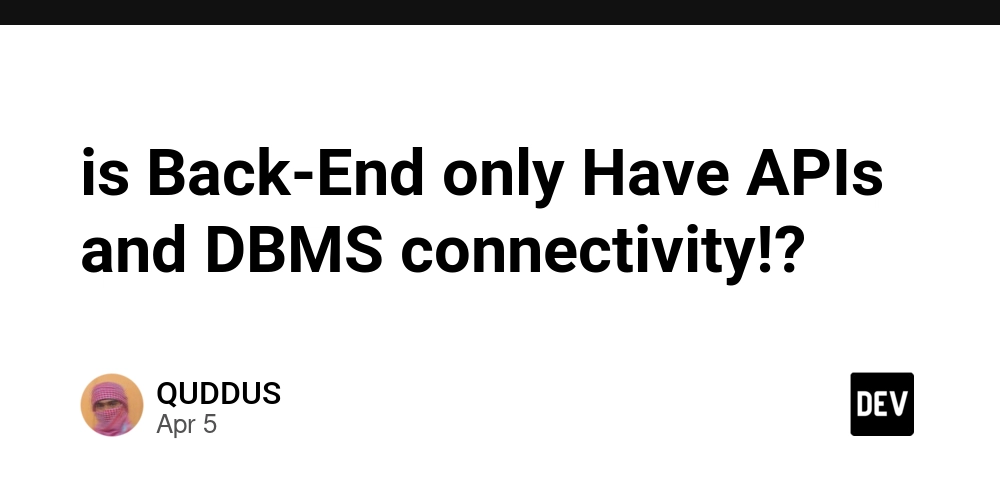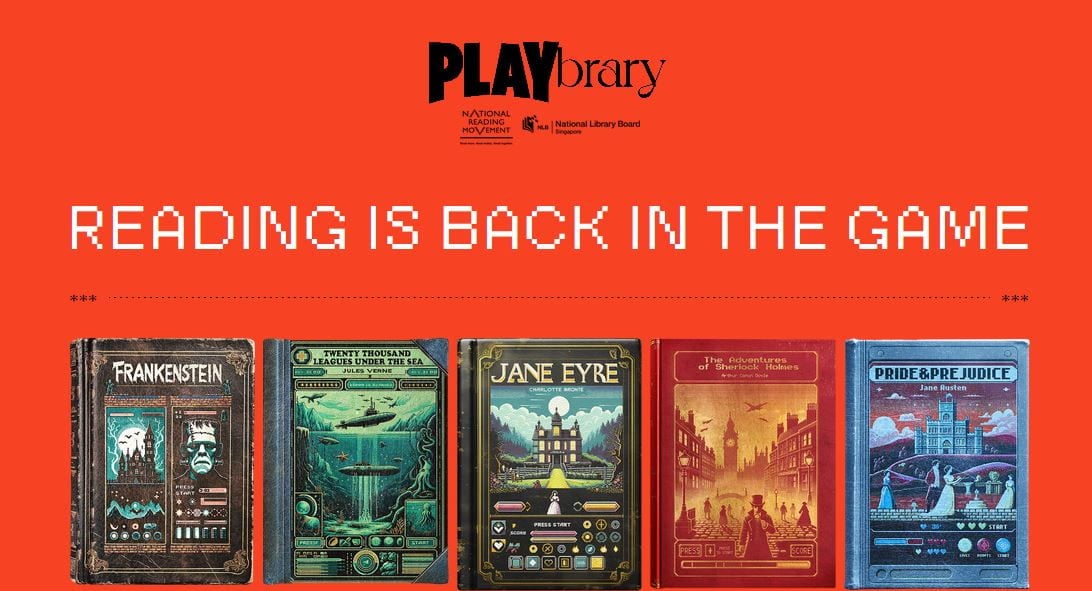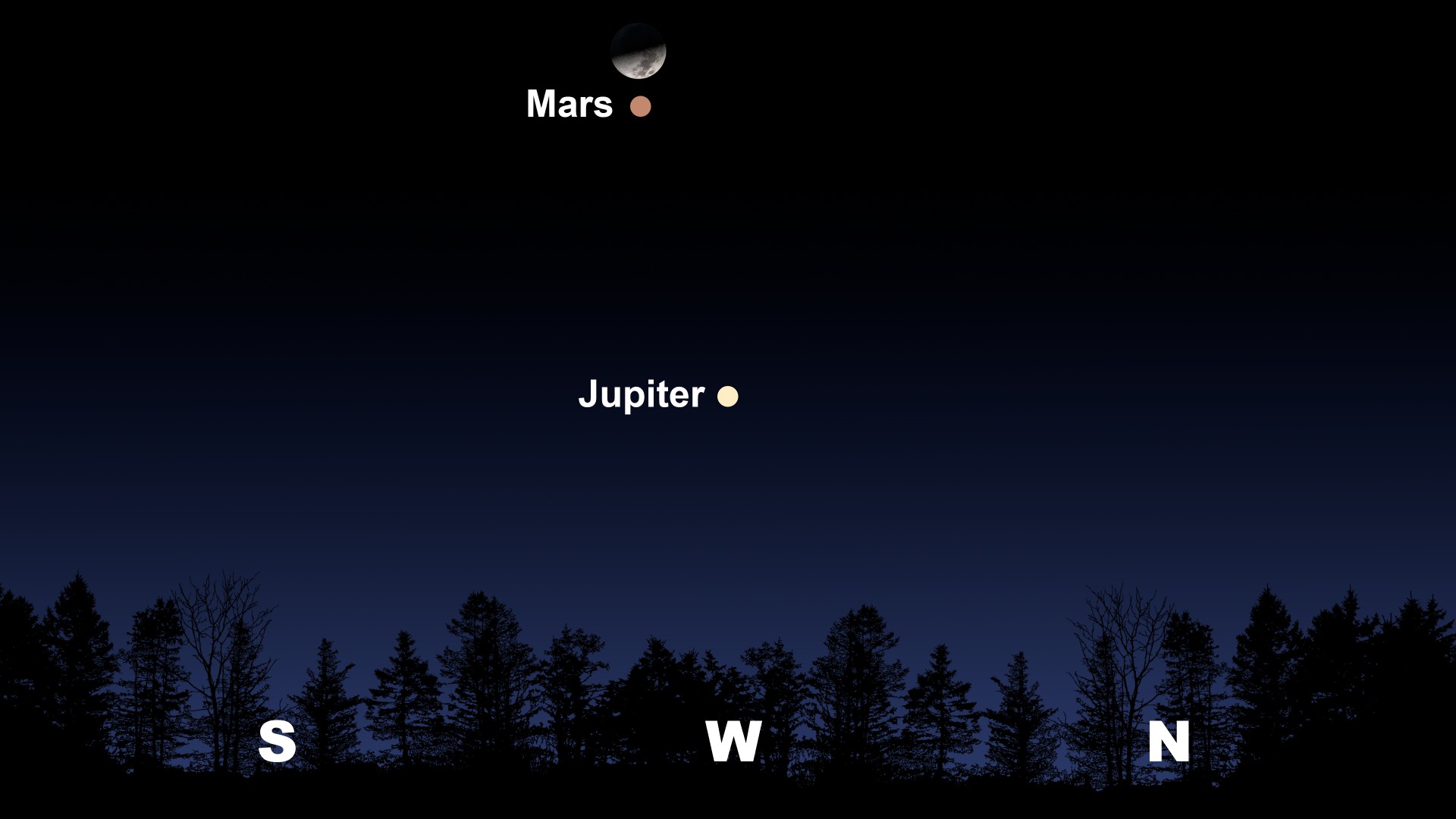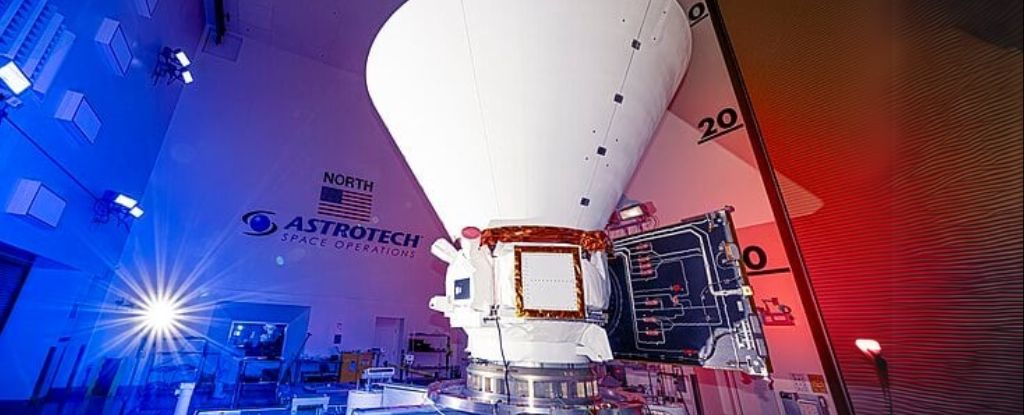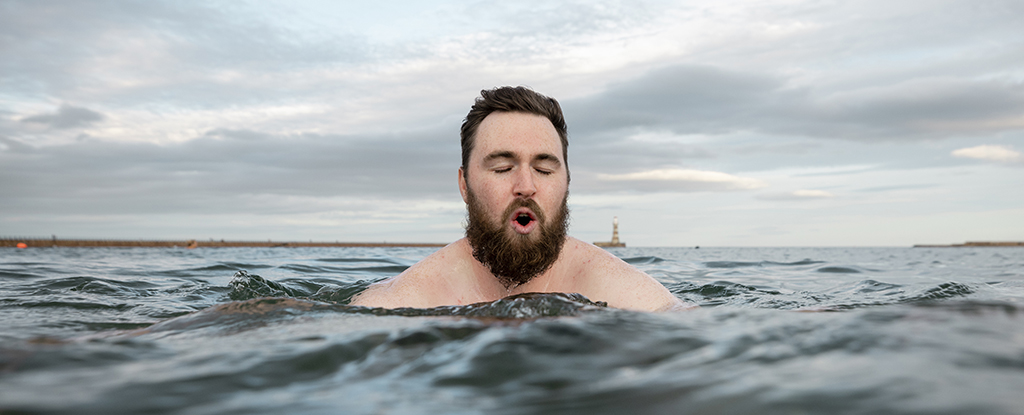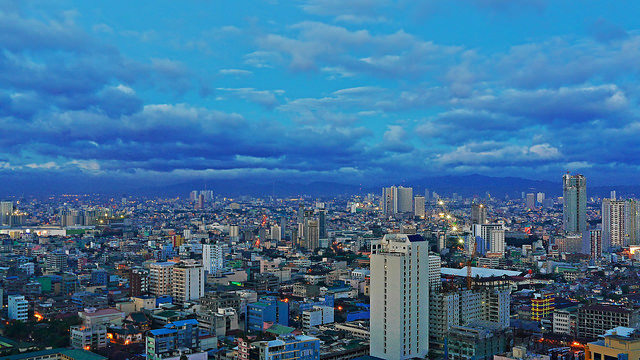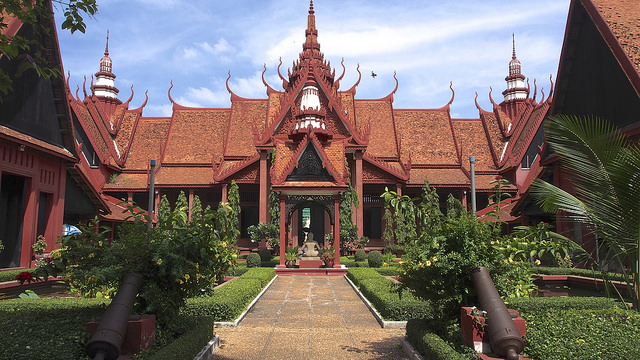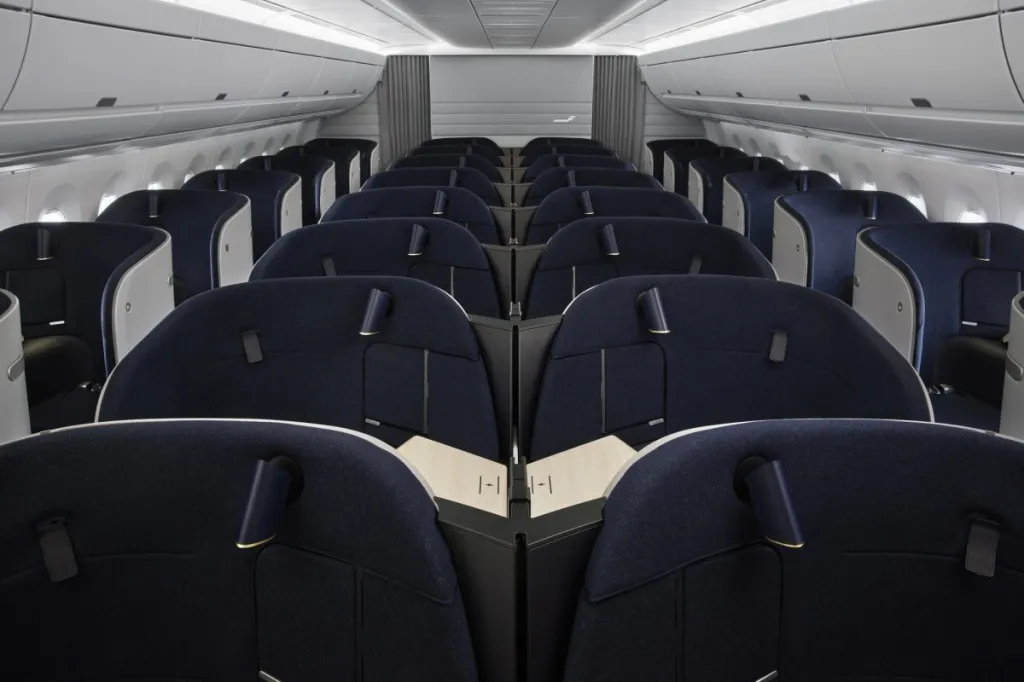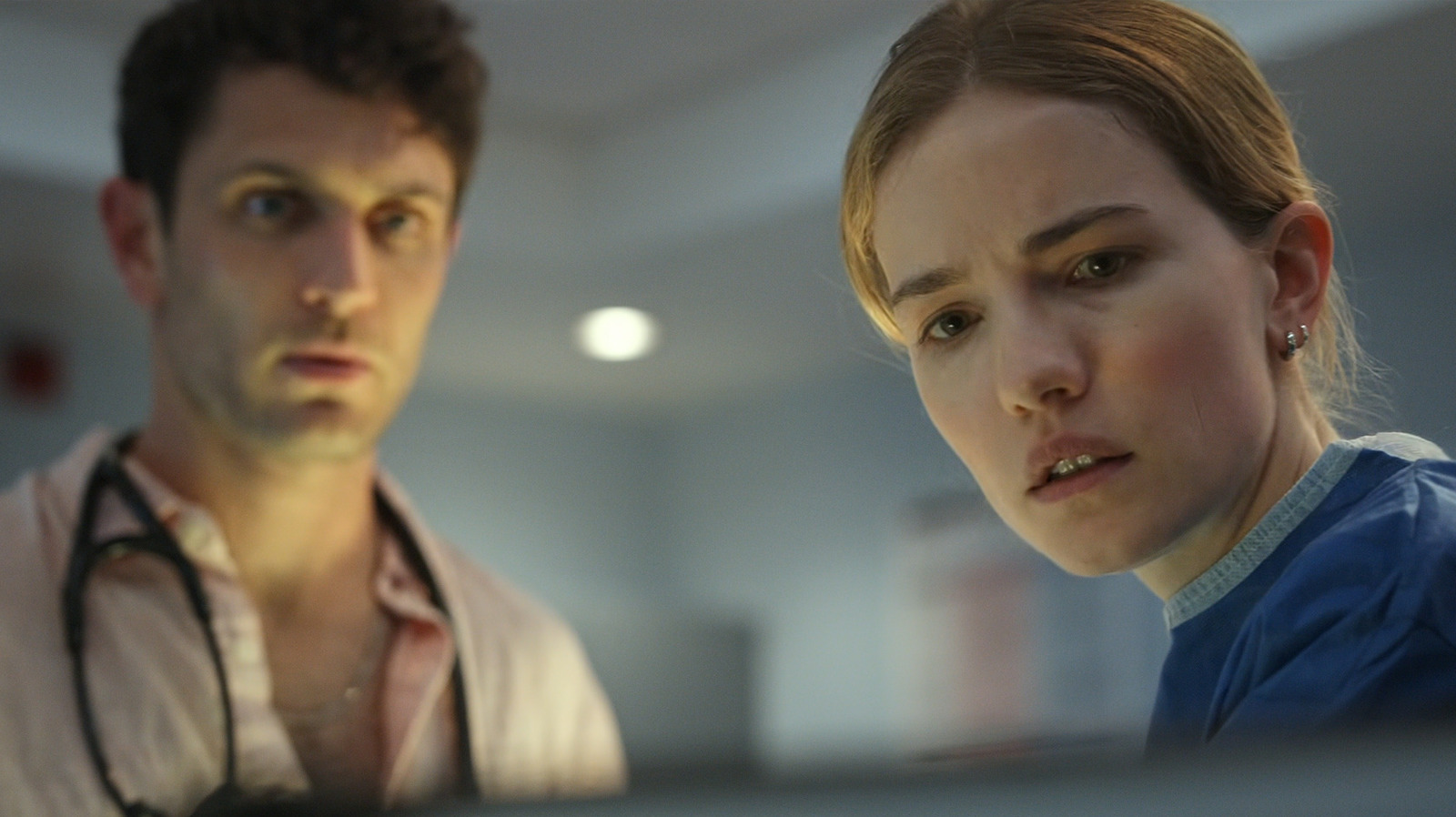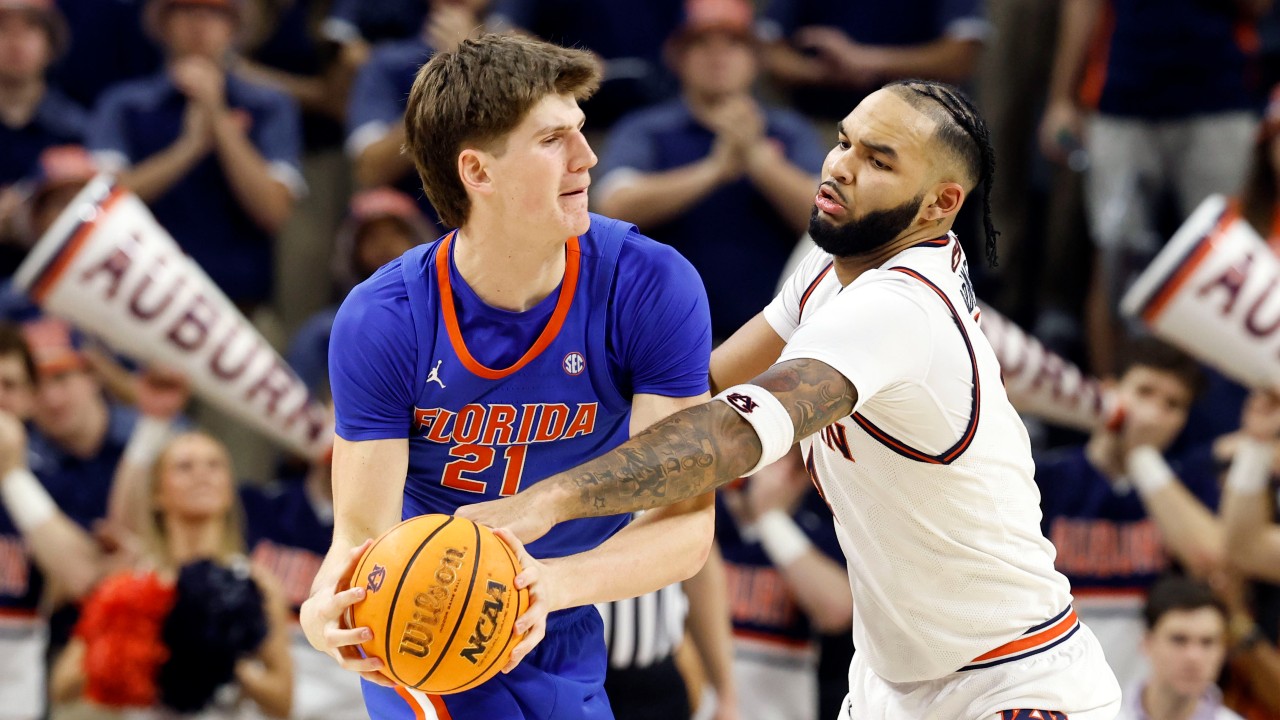Religious freedom is under attack in Wisconsin, but the Supreme Court can fix it
Americans of all ideologies should be concerned with the Wisconsin Supreme Court’s decision, because it poses two distinct threats to American society.

The Supreme Court just heard oral arguments in a case about whether the state of Wisconsin can deny a religious organization an exemption to its unemployment scheme because its serves people who do not share the Catholic faith.
The Catholic Charities Bureau has been the official social ministry arm of the Diocese of Superior since 1917. Its goal is to “carry on the redeeming work of our Lord by reflecting gospel values and the moral teachings of the church,” and it provides numerous services to poor and vulnerable populations, including educational and life skills training for disabled individuals, housing for children and mentally disabled individuals, and daycare for working parents.
The organization wants an exemption from Wisconsin’s unemployment insurance system so it can join the Wisconsin Bishops’ Church Unemployment Pay Program, a church-funded unemployment program for lay employees.
Wisconsin’s unemployment insurance system is funded by taxing employers, but nonprofits can opt out of this program if they operate for primarily religious purposes. The Catholic Charities Bureau believes it meets Wisconsin’s criteria to opt out. It tried withdrawing from the state program. The Wisconsin Supreme Court rejected the group’s argument because its programs do not proselytize or “imbue” participants in their programs of the Catholic faith. The court decided that the Catholic Charities Bureau is not operating for “primarily a religious purpose” because it serves non-Catholics and does not condition its services on conversion to Catholicism.
Justices of all ideological stripes took issue with this reasoning. Justice Elena Kagan said at oral argument, “I thought it was pretty fundamental that we don't treat some religions better than other religions.” Justice Neil Gorsuch seemingly agreed with Kagan, asking the parties, “Isn’t it a fundamental premise of our First Amendment that the state shouldn’t be picking and choosing between religions?” The high court looks poised to reverse the Wisconsin Supreme Court’s ruling and protect religious liberty.
Americans of all ideologies should be concerned with the Wisconsin Supreme Court’s decision, because it poses two distinct threats to American society.
First, the decision violates established free exercise of religion precedents by punishing Catholic Organizations for adhering to church doctrine. Second, if upheld, the ruling could undermine the work of religious nonprofits across the nation.
The bureau's mission and services are in line with Catholic social teachings, which require Catholics to live their faith by performing corporal works of mercy. The Catholic Church explicitly teaches that all human life is inviolable. As such, Catholic-based organizations are religiously forbidden from conditioning services to the poor, needy or hungry on conversion to the Catholic faith.
Wisconsin’s holding is inconsistent with First Amendment precedent because it forces the Catholic Charities Bureau to choose between fulfilling its religious mission or curtailing its employees’ faith by conditioning services on conversion. The Supreme Court previously held this kind of discriminatory scheme infringes on the First Amendment’s free exercise guarantees. If Wisconsin prevails, the Supreme Court would send the message to every state that they are free to tax religious nonprofits that provide services to nonbelievers.
This case could have far-reaching implications for charity work across the nation. The Catholic Church has a long history of providing social services in the U.S. For example, Saint Elizabeth Ann Seton opened one of New York City’s first orphanages in 1817. Similarly, Catholic Social Services of Philadelphia has been providing services like food pantries, hospice care and foster care for over a century. Catholic food banks play a pivotal role in serving underprivileged communities.
Today, 60 percent of homeless shelters in the U.S. are run by faith-based organizations. Further, Catholic Charities USA has 168 local agencies and served 16 million people in 2022. Indeed, Catholic and other faith-based organizations have historically been and continue to be the largest providers of social services in America.
Should Wisconsin prevail, organizations like Catholic Charities and their local affiliates will be taxed by state governments, all because they don’t require non-Catholics to convert before using their adoption services. Similarly, great organizations like Catholic Social Services of Philadelphia would have to surrender their nonprofit tax status because they allow non-Catholics to receive food from their pantries without converting.
This case threatens the scheme of Catholic social services, which has served our most vulnerable for over a century, by permitting their subversion by state power. This would limit the access disadvantaged communities have to food, adoptions, orphanages, hospice care and other social services that Catholic organizations provide where government is absent.
Religious philanthropy is a cornerstone of American civil society that has to be protected. The Supreme Court must reverse Wisconsin’s decision. Failing to do so would imperil religious liberty and undercut services that for generations have helped Americans in need.
Ryan Silverstein is a J.D. candidate at Villanova University and a fellow with Villanova’s McCullen Center for Law, Religion and Public Policy.
